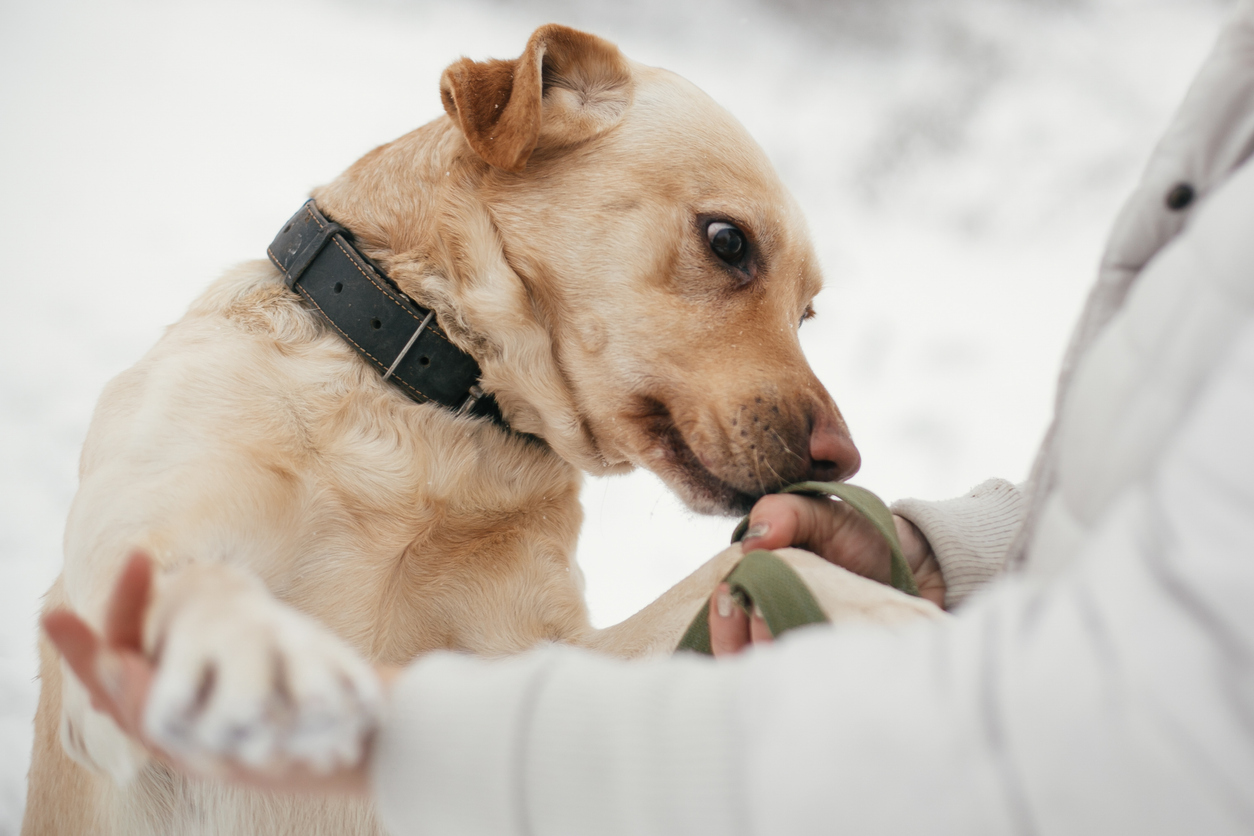As pet owners, our primary concern is the safety and well-being of our dogs. With the increasing use of natural remedies and products, citronella has become a popular topic. This Pawzine explores the safety of citronella for dogs, providing you with detailed information to ensure your furry friend remains healthy and happy.
Understanding Citronella
Citronella is an essential oil derived from various species of lemongrass. It is widely known for its strong scent, which is effective in repelling insects. Citronella is commonly used in candles, sprays, and collars to keep mosquitoes and other pests at bay.
Chemical Composition of Citronella
Citronella oil primarily contains the following compounds:
- Citronellal
- Geraniol
- Citronellol
- Limonene
These components give citronella its distinctive smell and insect-repelling properties.
Citronella and Dogs: Safety Concerns
While citronella is effective for humans in warding off insects, its safety for dogs is a matter of concern. Dogs have a much more sensitive sense of smell than humans, and exposure to strong scents can lead to various health issues.
Potential Risks of Citronella for Dogs
- Skin Irritation: Direct contact with citronella oil can cause skin irritation or allergic reactions in dogs.
- Respiratory Issues: Inhalation of citronella fumes can lead to respiratory problems, especially in dogs with pre-existing conditions.
- Gastrointestinal Upset: Ingestion of citronella, whether through licking treated areas or consuming citronella-based products, can result in vomiting, diarrhea, and other digestive issues.
Safe Usage of Citronella Around Dogs
Given the potential risks, it is crucial to use citronella products cautiously around dogs. Here are some guidelines to ensure their safety:
Citronella Candles and Sprays
- Ventilation: Use citronella candles in well-ventilated areas to minimize inhalation risks.
- Accessibility: Keep candles and sprays out of reach of dogs to prevent accidental ingestion or contact.
Citronella Collars
Citronella collars are marketed as a humane alternative to shock collars for training dogs. These collars release a burst of citronella spray when the dog barks. While they may be effective for some dogs, there are considerations to keep in mind:
- Monitoring: Always supervise your dog when using a citronella collar to observe any adverse reactions.
- Alternatives: Consider other training methods if your dog shows signs of discomfort or distress.
Natural Alternatives to Citronella
If you are concerned about the safety of citronella, there are several natural alternatives that can help repel insects without posing risks to your dog.
Lavender
Lavender oil is a natural insect repellent that is generally safe for dogs. It has calming properties and can be used in diluted form for topical application.
Neem Oil
Neem oil is another effective insect repellent that is safe for dogs when used properly. It can be diluted and applied to your dog’s coat to keep pests away.
Rosemary
Rosemary can be used in various forms, such as essential oil or as a plant in your garden, to repel insects naturally.
The take-away:
The safety of citronella for dogs largely depends on how it is used. While citronella can pose risks such as skin irritation, respiratory issues, and gastrointestinal upset, proper precautions can mitigate these dangers. Always consider safer alternatives and consult with your veterinarian if you have any concerns about using citronella products around your pets.
By staying informed and cautious, you can ensure the well-being of your furry friend while effectively managing bugs.
Yours in Paws,
The PawPaw Team

